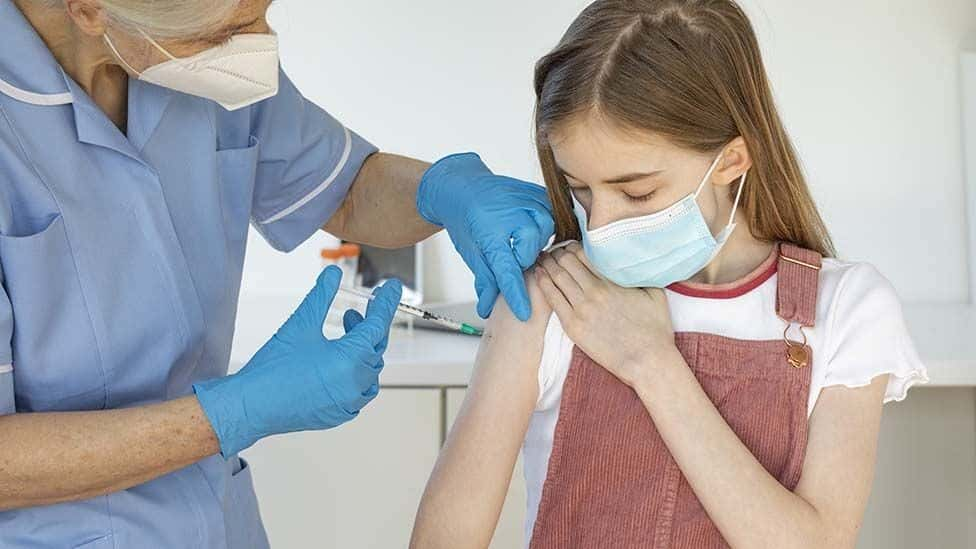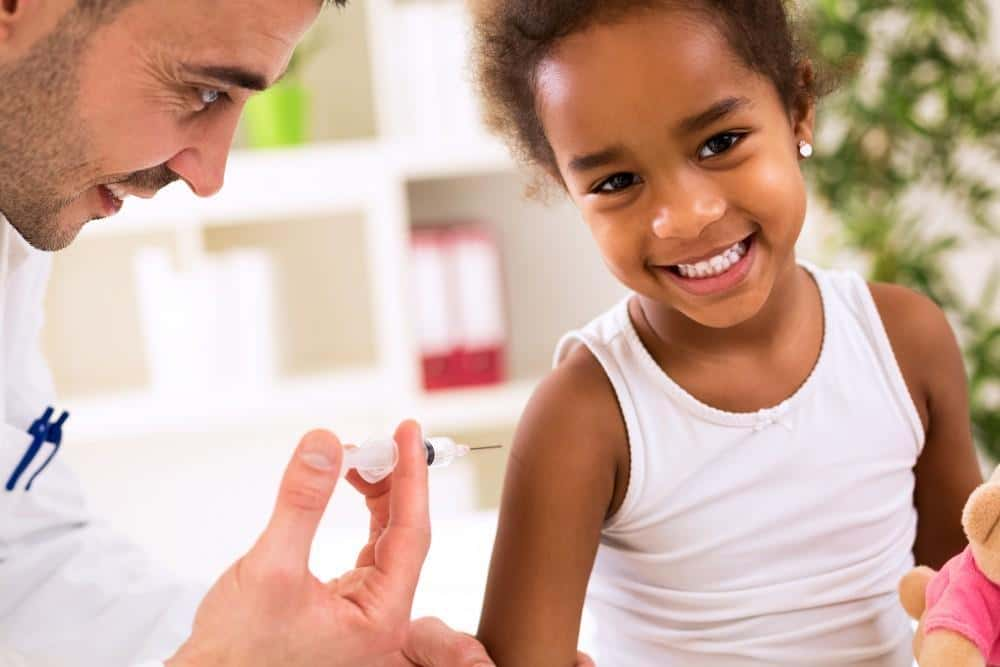These cuts come at a time when immunization rates among children are declining, partly due to the influence of anti-vaccine rhetoric.

Childhood vaccination programs in state health departments are facing budget cuts from the federal government
The Centers for Disease Control and Prevention (CDC) informed states of the funding reductions through an email dated June 27. The email, signed by two CDC officials, acknowledged the significant impact the cuts would have on state budgets and emphasized the need for tough decisions. Claire Hannan, executive director of the Association of Immunization Managers (AIM), explained that the budget cuts eliminate federal funding for the childhood vaccination information systems (IIS) program. The IIS supports childhood vaccination registries, which track vaccine doses administered and provide essential data to identify low childhood vaccination rates in specific areas.
The extent of the budget reductions remains unclear, but 44 out of 64 health jurisdictions have reported cuts ranging from 9.5 percent to 30 percent of the expected funding. Hannan expressed concerns about the unexpected nature of these cuts, as state health departments are still awaiting total grant award notifications. The CDC spokesperson mentioned that the budgetary impact is still being determined.
While supplemental pandemic funding has improved childhood vaccination data systems, the current funding cut affects crucial data systems. Hannan emphasized the need for continuous investment in maintaining and enhancing these childhood vaccination systems, highlighting the importance of funding.
The CDC linked the cuts to the debt ceiling deal, which resulted in the clawback of approximately $27 billion in federal funding
The legislation does not specify the exact programs facing cuts. Earlier, the CDC announced a $400 million funding cut for programs combating sexually transmitted infections, also related to the debt ceiling deal. Childhood vaccination rates have been a concern amid the pandemic, with a decline in routine vaccinations reported by the CDC. Additionally, the US has witnessed outbreaks of vaccine-preventable diseases like measles and polio in communities with low vaccination rates.
The rise of anti-vaccine sentiment poses a continuous threat. While anti-vaccine groups remain a minority, their influence has grown during the pandemic, spreading misinformation and distrust of vaccines. Research indicates that primary vaccination could have prevented at least 232,000 deaths among the unvaccinated. Some anti-vaccine advocates, including Robert F. Kennedy Jr., who is running for president as a Democrat, are capitalizing on public distrust. Kennedy’s campaign promotes conspiracy theories and misinformation, leading to concerns about childhood vaccination.
Mark Del Monte, CEO of the American Academy of Pediatrics, stressed the importance of maintaining federal support for routine childhood vaccination administration, particularly during this critical time.
READ ALSO: Pennsylvania Residents Receive Direct Payments Through Property Tax/Rent Rebate Program




